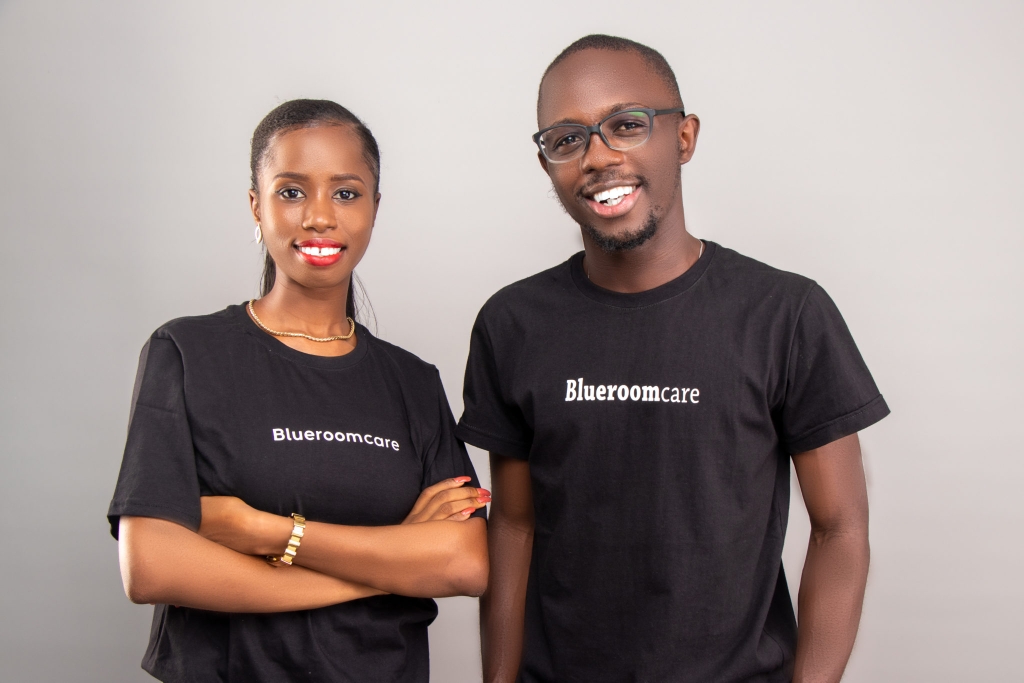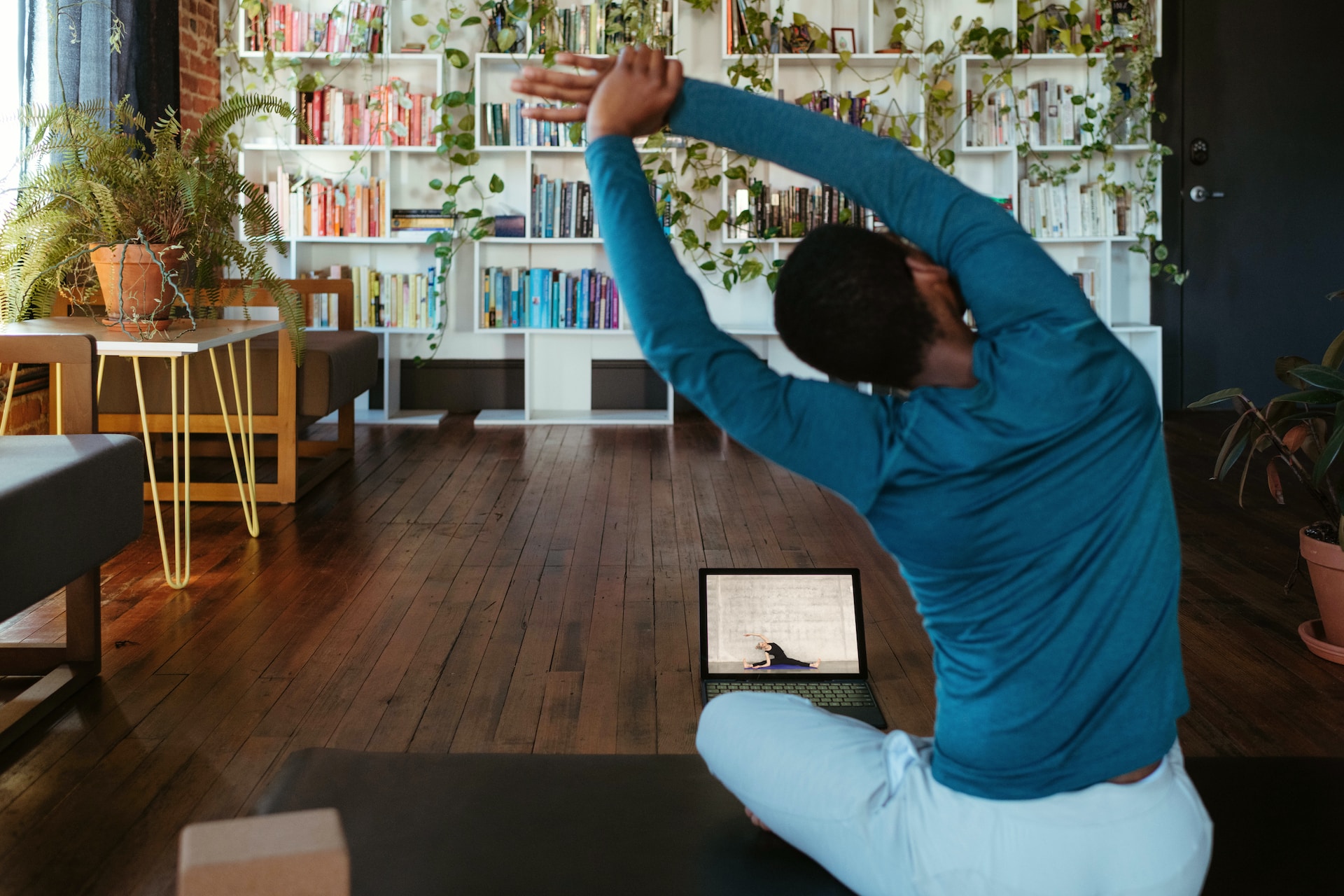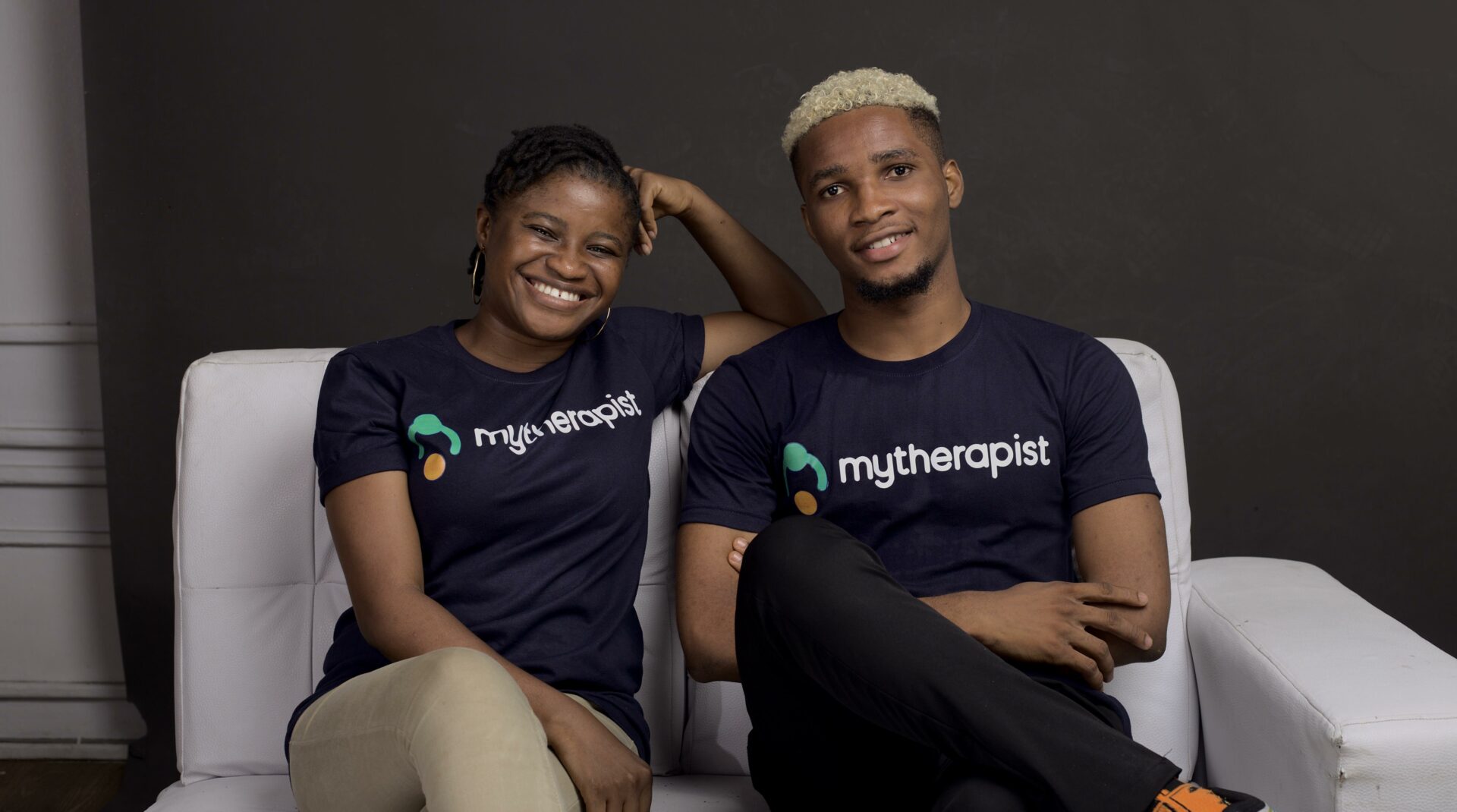Globally, nearly one billion people have some form of mental disorder, but accessing appropriate care and treatment can be difficult. This is especially true in Africa, where mental healthcare and therapists are scarce.
Although there is more awareness of mental health issues across the continent, it is still challenging to help those in need because of stigma, lack of funding, and inadequate resources.
For instance, Moses Aiyenuro, CEO of Blueroomcare — a mental healthtech startup — struggled with anxiety and depression in 2019. However, it wasn’t easy getting the mental health care he needed.
Mental health issues frequently result in lost productivity, disability, and even premature death, with far-reaching consequences for individuals, families, and society.
In 2019, Al Jazeera reported that one in every four Nigerians has a mental illness. Given the current state of the economy, where hunger, insecurity, and unemployment are on the rise, it appears more people in the country will become mentally ill.
As reported by Premium Times, the President of the Association of Psychiatrists in Nigeria (APN), Taiwo Obindo, said that 90% of mentally ill patients do not receive treatment.
Despite being one of the most effective forms of treatment for mental illnesses, therapy is often expensive and frowned upon.
Even when Aiyenuro found a therapist, the cost was prohibitive, and he had to miss work to attend appointments.
However, the Mental Health Act is changing the narrative, as it defines and protects the rights of Nigerians with mental illnesses. It provides equal access to treatment and care, discourages stigma and discrimination, and sets standards for psychiatric practice in Nigeria, among other provisions.
Anyone receiving treatment has the right to participate in developing their medical plans and should not be subjected to forced treatment, seclusion, or other forms of restraint.
If Aiyenuro were to seek mental healthcare again, he would need to obtain permission from his employer, just as anyone would if they suspected they were physically ill.
However, Aiyenuro’s challenges in getting accessible mental healthcare prompted him to start Blueroomcare.
“That’s when I decided to found Blueroomcare. I wanted to create a platform that would make it easy and convenient for anyone to access mental health services, regardless of their location or financial situation,” he says.
Finding a co-founder from WhatsApp
In 2021, Aiyenuro created a WhatsApp group to provide mental health tips. They also had a weekly discussion on mental illnesses. And then, Ebunoluwa Collins (COO) joined the platform.
Collins participated in their weekly discussions and was constantly sharing advice and information. Impressed by her commitment, Aiyenuro enquired about her interest in being a co-founder after learning she was a counsellor.
Collins graduated from Covenant University with a degree in psychology in 2016 before pursuing professional degrees from the London College of Professional Studies in health and social care and the Attitude Development International (ADI) College of Counselling & Psychotherapy, Nigeria, in professional counselling.
She has a wealth of experience working with humanitarian organisations and in different sectors, including health and business.
A metallurgical and materials engineering student at the Federal University of Technology (FUTA), Aiyenuro says he’s passionate about mental health.
In 2022 Aiyenuro and Collins launched Blueroomcare to make mental healthcare available to everyone, beginning in Nigeria.
Making therapy accessible
Blueroomcare is a text, video, or voice chat-based online therapy app that connects users with licensed therapists and mental health professionals.
It means users, for example, can choose between messaging-only plans, live video sessions, and daily check-ins and support from a dedicated therapist on its platform.
Blueroomcare provides several mental health services, including grief, group, trauma-focused, addiction recovery, family-based, stress and anxiety, relationship, couples, and individual therapy.
It plans to include teen and adolescent therapy in its offerings soon.
Clients can connect with therapists to address their psychological or emotional needs starting at a weekly messaging plan of ₦2,900 ($6.29) up to an annual B2B plan of ₦192,000 ($416.70).
It also accepts some health insurance plans, making therapy more accessible and affordable for many people.
“Blueroomcare ensures that user data is kept secure and confidential, and all therapists on the platform are licensed and held to high standards of professionalism and ethical conduct,” Aiyenuro states.
The company says its uniqueness stems from its collaboration with a network of top behavioural health experts, using evidence-based treatment recommendations, and the provision of customised solutions for employers, employees, and individuals while focusing on their outcomes.
Growth, challenges, and plans
Blueroomcare is currently funded by grants, but it has formed several crucial alliances to help it scale, including one with Reliance Health, an HMO platform facilitating access to healthcare.
As a company serving businesses and individuals, Blueroomcare generates revenue from the sale of monthly membership subscriptions to its therapy platform, payments from consumers and their respective insurance companies, and annually contracted platform access fees.
Blueroomcare claims that finding qualified and experienced mental health professionals can be difficult. However, recruiting and retaining skilled and sympathetic therapists, counsellors, and support staff is crucial to providing high-quality care to users.
Currently a team of eight, Aiyenuro says that the company understands the mental health landscape, including the challenges that those seeking care face, the state of mental health services and treatments, and the potential for technology to improve mental health outcomes.
He adds that it is difficult to obtain funding from investors and venture capitalists to enable them to scale. However, he is optimistic that things will improve following the downturn.
Nevertheless, Blueroomcare plans to make its services more accessible by collaborating with local businesses and mental health specialists to provide individualised, culturally sensitive care to users in several African countries.
Blueroomcare intends to broaden the scope of its mental health services, which include support groups, workshops, and educational materials.
It will also consider forming partnerships with other health and wellness providers to offer users integrated care.
According to Aiyenuro, Blueroomcare has helped thousands of people improve their mental health and overall well-being and wants to reach 10,000 by the end of 2023. “Every time we innovate or broaden our offerings, we remember how to improve accessibility and convenience for everyone for mental health care. I am proud of the progress we have made thus far and eager to continue our mission of improving mental health care for all,” Aiyenuro concludes.











